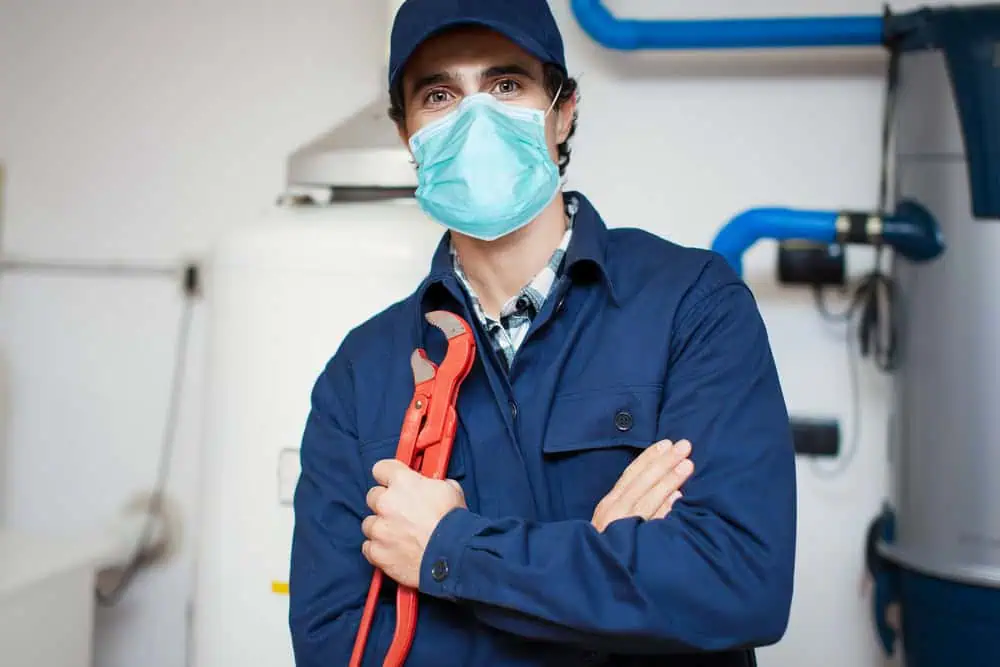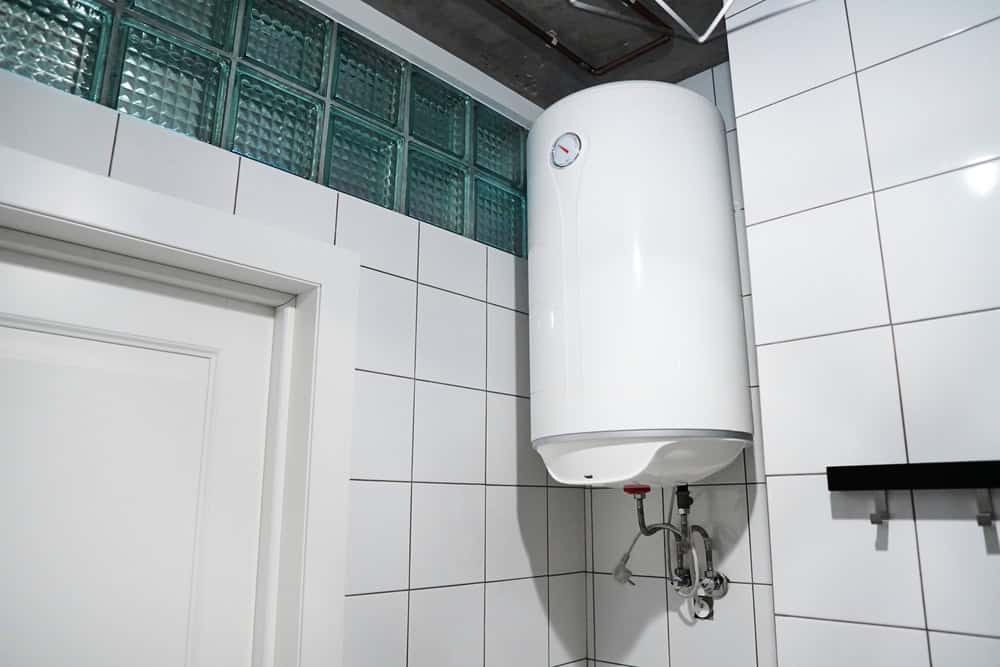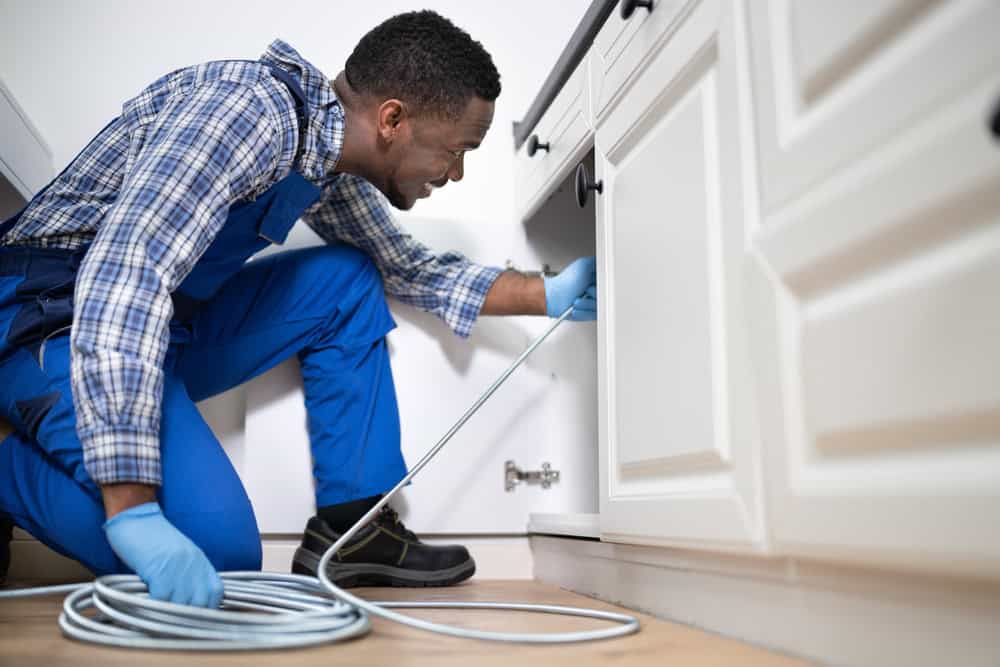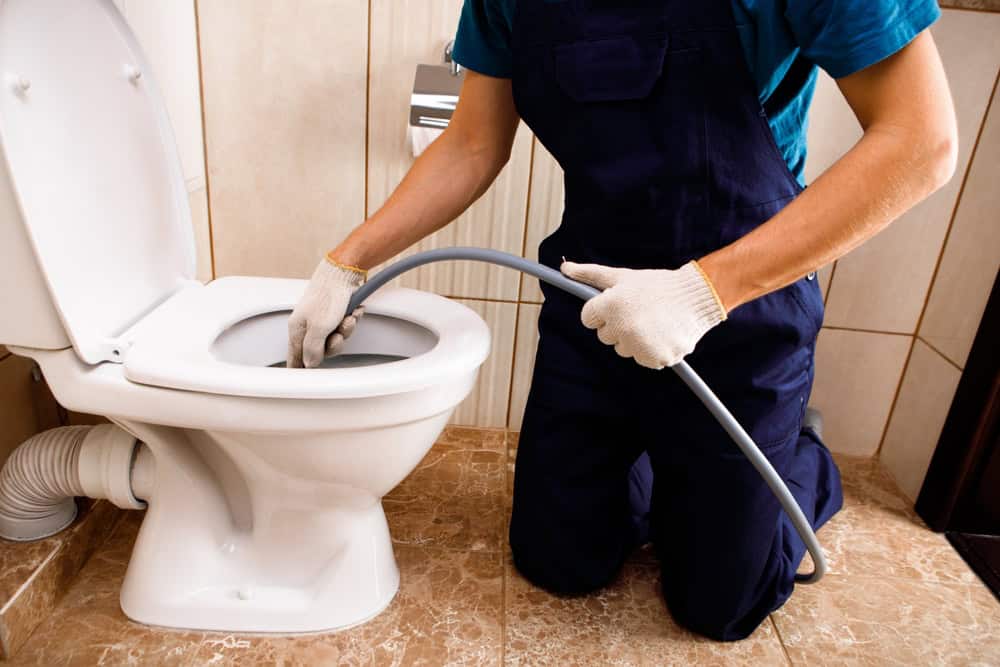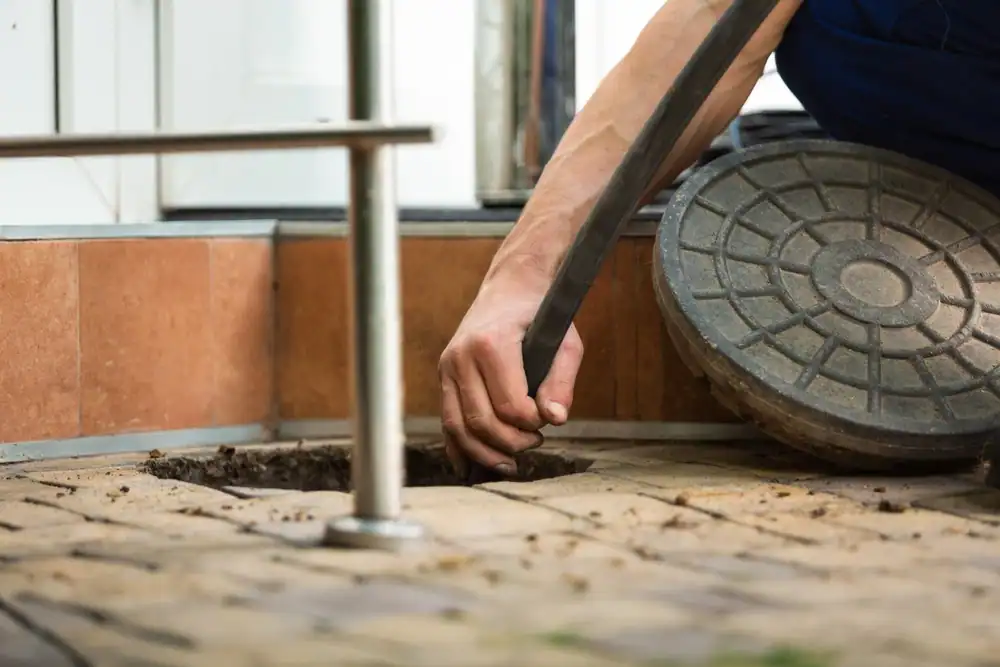Summary:
Clogged Drains: A Problem That Begins Quietly
A clogged drain is not an instant occurrence; it is a gradual process. Over weeks and months, substances like hair, soap residue, food waste, and grease accumulate inside your pipes. A drain that empties just a little slower than usual is the first signal of a developing blockage. Ignoring this early sign allows the buildup to continue until it forms a complete obstruction, which can cause water to back up into your sink, shower, or even onto your floor. Acting when you first notice slow drainage is the key to preventing a messy and expensive situation. A qualified plumber can offer residential plumbing services to address these issues before they escalate.
How to Maintain Clear and Open Drains
Effective prevention begins with controlling what enters your drains. In your kitchen, always scrape food scraps from plates into the trash before rinsing them. It is especially important to avoid pouring any grease or oil down the sink; as it cools, it solidifies into a thick, stubborn coating inside your pipes that traps other debris. A simple mesh strainer over the drain can catch most food particles. In the bathroom, hair is the primary cause of clogs. Installing a hair-catching drain cover in your shower and cleaning it weekly can stop these blockages from forming in the first place.
When a Clog Requires a Professional Plumber
Effective prevention begins with controlling what enters your drains. In your kitchen, always scrape food scraps from plates into the trash before rinsing them. It is especially important to avoid pouring any grease or oil down the sink; as it cools, it solidifies into a thick, stubborn coating inside your pipes that traps other debris. A simple mesh strainer over the drain can catch most food particles. In the bathroom, hair is the primary cause of clogs. Installing a hair-catching drain cover in your shower and cleaning it weekly can stop these blockages from forming in the first place.
Want live answers?
Connect with a FloTek Plumbing expert for fast, friendly support.
Water Heater Issues You Can Sidestep
Your water heater operates continuously, yet it often goes unnoticed until a cold shower forces you to pay attention. With regular upkeep, you can extend its operational life from an average of 8-10 years to over 12 years, all while preventing most failures. Signs of trouble often appear gradually. You might observe that your water isn’t heating as well as it once did, hear popping or rumbling sounds from the tank, or see discolored water from the hot tap. These are indicators that your system needs attention. Addressing them early is far less costly than a full water heater repair or replacement after a major failure.
Simple Water Heater Upkeep for Big Savings
The single most valuable maintenance task is flushing the tank annually to remove sediment. The water in St. Charles contains minerals that settle at the bottom of your water heater. This layer of sediment acts as an insulator, forcing the heating element to work harder and longer to heat the water, which wastes energy and can cause the tank to overheat and fail prematurely. Additionally, a plumber can inspect the anode rod, a metal component designed to attract chemically aggressive elements in the water. Replacing this rod every few years can add years to your water heater’s life for a fraction of the cost of a new unit.
Knowing When Your Water Heater Needs Professional Service
Certain water heater symptoms demand immediate help from a local plumber. If you detect the smell of gas near your unit, you should exit your home and call the gas company right away. Never try to fix a gas appliance yourself. For electric models, if the circuit breaker trips whenever the heater turns on, it points to an electrical fault that requires a specialist. Any water pooling around the base of the tank is a clear sign of a leak. While a small leak at a fitting might be a simple pipe repair, a leak from the tank itself usually means a replacement is necessary. A professional inspection can determine the source of the problem.
Stopping Problems Before They Start
The connection is clear: minor issues, when not addressed, often develop into major emergencies. By performing consistent maintenance, paying attention to the early warning signs, and knowing when to call for plumber services, you can avert most of the costly plumbing disasters that affect your home and budget. You do not need to manage every task on your own, but recognizing your home’s plumbing helps you make better decisions. When you do need assistance, you can schedule planned maintenance instead of calling for an emergency plumber. If you are experiencing any of these issues in St. Charles, IL, or wish to establish a maintenance plan, contact FloTek Plumbing to protect your home’s systems.
